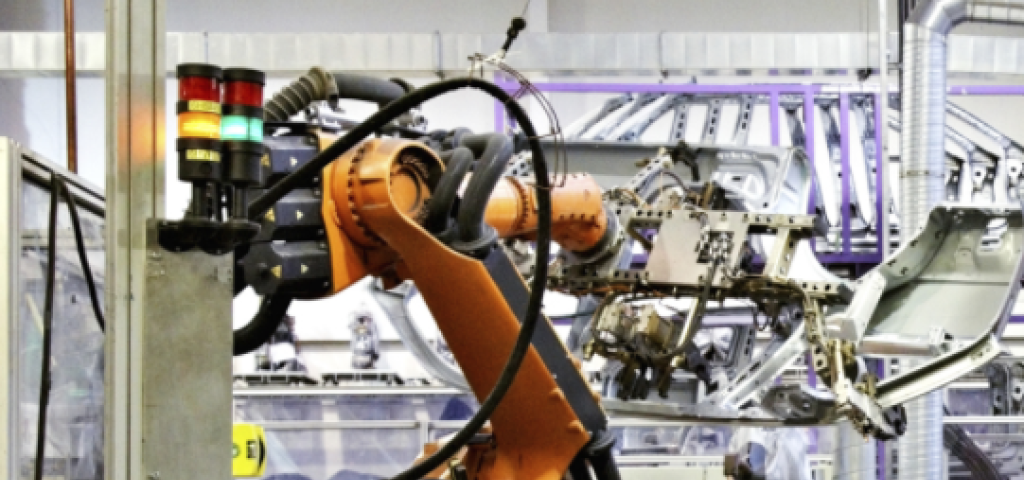
Modernizing your industrial control system? Here are six critical requirements you need to address

Digital Transformation. The Fourth Industrial Revolution. Next Generation Industrial Control. Industry 4.0. Enough buzzwords for ya?
They all include one common element: moving control functions from dedicated hardware into software. Why? Because you can reduce your operating expenses, introduce new flexibility and optimization to your processes, and potentially discover new ways to monetize your data.
But let’s not kid ourselves. Transitioning from traditional physical equipment to software-based solutions is a significant undertaking.
As your equipment starts to become obsolete and/or you make the decision to modernize your systems, the general guideline is to implement replacements that are as good or better than the originals, at equal or less cost. On the surface this may seem painfully obvious, but there are many factors that constitute “as good or better” and cost is probably something that will need to be calculated over time. Beyond this general baseline, what else do you need to consider?

At Wind River, we’ve been involved in helping our customers make these sorts of transformations for a long time. We have a history of successful projects that have simultaneously simplified and modernized our customers’ operations. Based on our experience, we have identified 6 important factors that you must keep in mind if you are considering making the switch to software-based implementations.
Reliability: Your new system must have “industrial grade” reliability. Some systems run continuous process operations or are responsible for critical infrastructure. These use cases require a system that will keep running, no matter what.
Comprehensive management: Industrial control systems are complex but that doesn’t mean management of those systems needs to be difficult. Moving to software-based solutions should enable you to simplify instantiation and consolidate views of system operations, while you are proactively notified of the process exceptions you need to know about.
Performance: To really get the most out of moving to commercial off-the-shelf hardware, it’s important that the system be optimized for performance. Your software needs to be super-efficient so you don’t use more hardware than you really need. In addition, many industrial control use cases have very low latency requirements which the software should also be able to meet.
Scalability: Depending on your operation, you may have a single site, or many sites that need to be linked together. Regardless, you should be able to have one software solution that will be able to handle multiple configurations that can scale up or down as your needs demand.
Security: One of the biggest concerns with connecting industrial machinery is security. The security of your system cannot just be a bolt-on service, it must be integrated into the infrastructure and include modern security features like (virtual) TPM, UEFI secure boot, secure keyring databases and network firewalls to name just a few.
Open Standards: Open Standards help to ensure interoperability. This is important to prevent vendor lock-in and to enable you to pick and choose the best-in-class software that you want to use, when you want to use it.

For more information about these requirements, along with ways to ensure you meet them, we have published a white paper titled, “Requirements for Virtualization in Next-Generation Industrial Control Systems.” This paper discusses each of the six requirements listed above in much greater detail. In addition, we will be presenting a Webinar: Digital Transformation for Industrial Control: 6 Things You Need to Know on January 23, 2018. The web seminar will also include a demonstration of Titanium Control, an on-premises cloud infrastructure platform that delivers the uptime and performance needed for industrial applications and control services at any scale.


